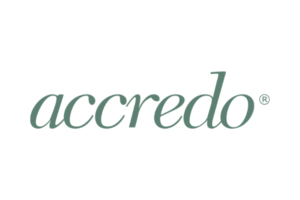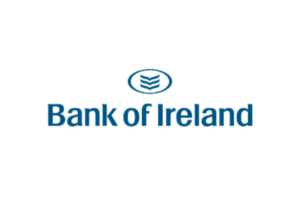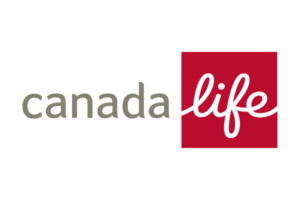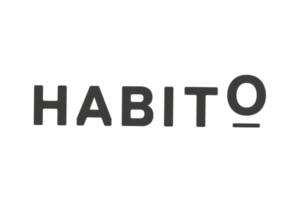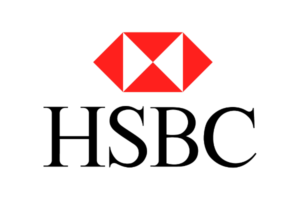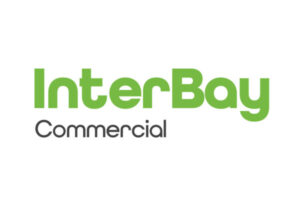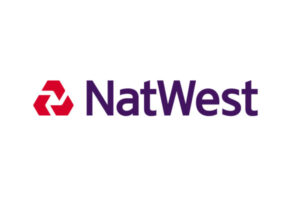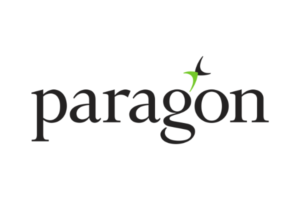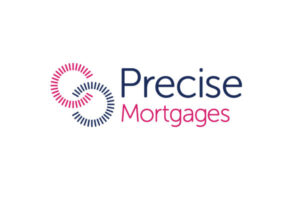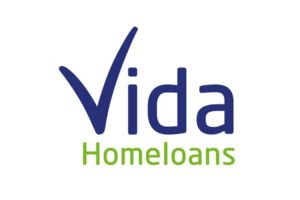Deed of Trust
Expert Solicitors to draft your Deed of Trust.

- from £350*
- Fast Turnaround Time
- Deed Delivered To You
- Online Application
- Expert Deed of Trust Solicitors
- Approved Law Firms
How it works
1.
You Submit Online Form
Complete our Deed of Trust questionnaire online to allow us to understand your circumstances.
Choose either an electronic Deed of Trust document in PDF or a physical bound Deed of Trust.
2.
An approved Deed of Trust solicitor will draft your Deed of Trust and send it to you for approval by all parties.
You inform us of any amendments or updates.
Once all parties are satisfied, you confirm approval and we will prepare the final version.
3.
We produce the final engrossed Deed which is sent to you either electronically via a pdf copy along with all other documents or as a bound physical copy.
Deed of Trust
A deed of trust in the UK refers to a legal document that outlines the co-ownership of a property when it is purchased jointly by two or more individuals, but not necessarily in equal shares.
This legal document is also known as a declaration of trust or a trust deed.
It is typically used when individuals buy a property together, such as friends or family members purchasing a house.

How does a Deed of Trust Work?

Ownership Shares
The deed of trust specifies the percentage of the property owned by each party involved. For example, if one person contributes a larger portion of the purchase price, their share in the property might be greater.
Financial Contributions
The document also outlines the financial contributions made by each party towards the property’s purchase price, mortgage payments, and maintenance costs.
Rights and Responsibilities
The deed of trust clarifies the rights and responsibilities of each co-owner. This can include decisions regarding selling the property, what happens if one party wants to sell their share or arrangements for handling disputes.
Protecting Investments
A deed of trust helps protect the financial interests of each co-owner. It ensures that in case of a sale, the proceeds are divided according to the agreed-upon shares, reflecting each person’s investment in the property.
Legal Basis
The deed of trust provides a legal basis for resolving disputes or ambiguities that might arise in the future regarding the property’s ownership and financial matters.
A deed of trust is different from a mortgage deed, which is the legal document used to secure a loan against a property. In the context of mortgages, the property serves as security for the loan, and the mortgage deed outlines the terms and conditions of this arrangement.
Deed of Trust Reviews
When might your need a Deed of Trust ?
In the United Kingdom, you might need a deed of trust (also known as a declaration of trust or trust deed) in various situations involving shared ownership of a property.
Joint Property Ownership
When two or more individuals buy a property together, especially if they contribute different amounts to the purchase price or mortgage, a deed of trust outlines the co-ownership arrangement, specifying each party’s share in the property.
Friends or Family Purchases
Friends or family members buying a property together may use a deed of trust to clearly define ownership percentages and financial responsibilities to avoid disputes in the future.
Unequal Financial Contributions
If one party contributes more to the property purchase than others, a deed of trust ensures that their higher investment is recognized in the ownership arrangement and division of profits upon sale.
Unmarried Couples
Unmarried couples living together might use a deed of trust to outline their respective shares in the property, especially if they are contributing different amounts to the purchase or mortgage repayments.
Investment Properties
When several individuals invest in a property together, a deed of trust defines their ownership stakes and the division of rental income and sale proceeds.
Property Development Projects
Individuals or entities partnering on property development projects might use a deed of trust to specify ownership percentages, responsibilities, and profit-sharing arrangements.
Exiting or Selling Shares
If one co-owner wants to sell their share of the property, a deed of trust can outline the process and conditions under which this can occur, protecting the interests of all parties involved.
Protecting Financial Interests
A deed of trust helps protect each party’s financial interests by clearly defining their ownership rights, responsibilities, and obligations related to the property.
In all these scenarios, a deed of trust provides legal clarity and protects the interests of co-owners, helping prevent disputes and uncertainties regarding the property’s ownership, usage, and financial arrangements. It’s crucial to seek legal advice when creating a deed of trust to ensure that the document accurately reflects the intentions and agreements of all parties involved.
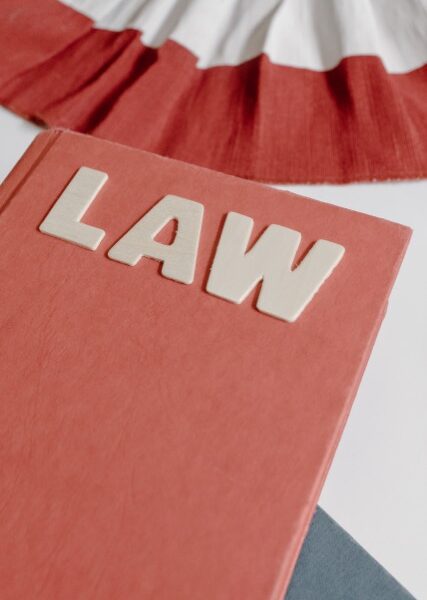
Deed of Trust
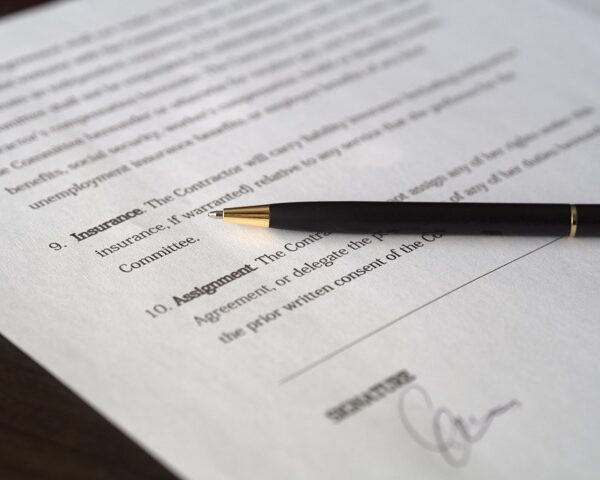
Deed of Trust
